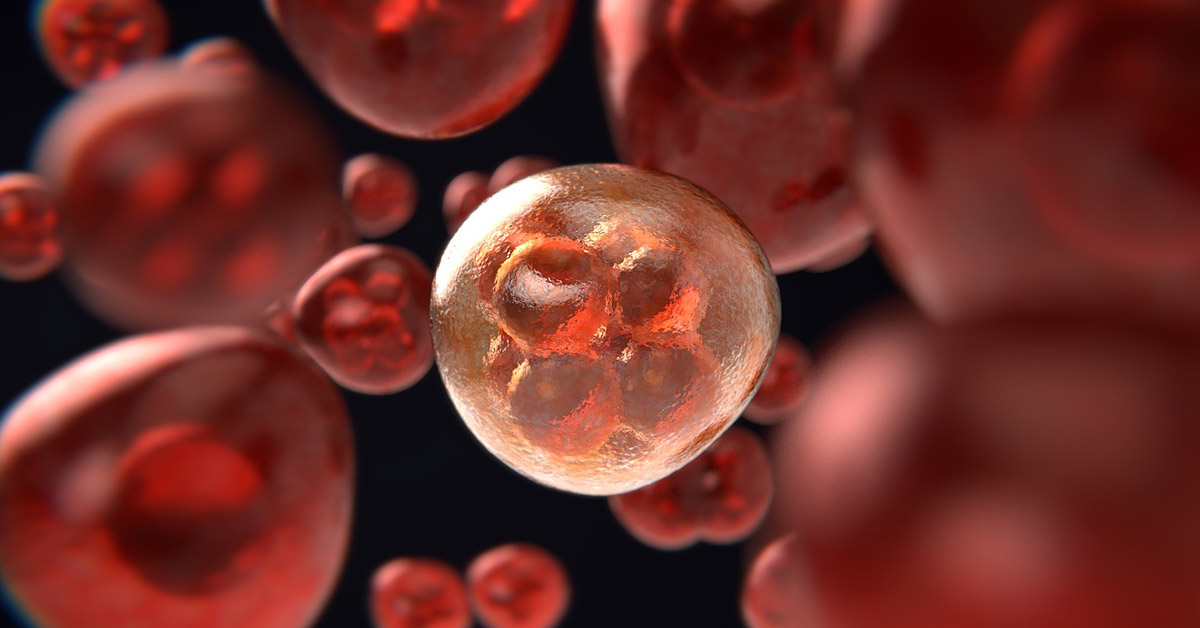The School of Public Health is developing a new method for identifying important molecular changes to cancer cells that could lead to improved treatments and help more patients defeat the disease. The study, called “Bidimensional integration for pan-omics pan-cancer analysis” is led by Assistant Professor Eric Lock and funded by a grant from the National Cancer Institute.

Pan-cancer analysis refers to the evaluation of scientific data across different types of cancers, for example, breast, lung, and skin cancer. Pan-omics is the analysis of data, called “omes,” that describe different molecular aspects of a cell. An example of a cell ome is its genome, which details its DNA chemical composition. Examining the genome and other data can reveal mutations that trigger healthy cells to become cancerous.
“While most studies focus on a single type of cancer or a single cell ome, we’re developing new statistical methods that allow for the comprehensive integration and analysis of multiple cancer types and cancer cell omic data,” says Lock. “Using all of the available data together will give us more power to detect molecular changes to cells that are clinically meaningful, which can be used to guide the treatment of cancers.”
Lock’s approach will search for key mutations with two particular aims:
- Identifying multi-omic molecular changes that are shared by multiple types of cancers
- Assessing the effect of these changes on clinical results, such as patient survival and cancer recurrence.
The approach will be developed and tested on data from The Cancer Genome Atlas Project, which includes several kinds of omics data for more than 10,000 cancer cases representing 33 different types of cancer.
Lock’s co-investigators for the project are Associate Professor Chad Meyers from the College of Science and Engineering and Assistant Professor Katherine Hoadley from the University of North Carolina. Two Biostatistics PhD students, Jun Young Park and Sarah Samorodnitsky, are also assisting with the project, which is expected to be completed in 2020.

